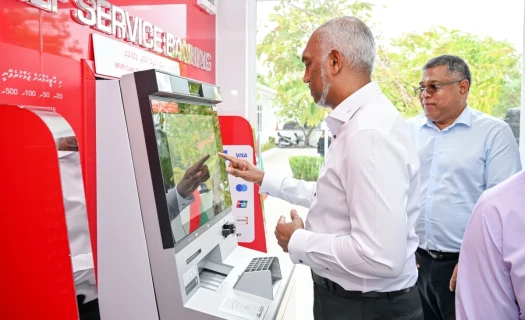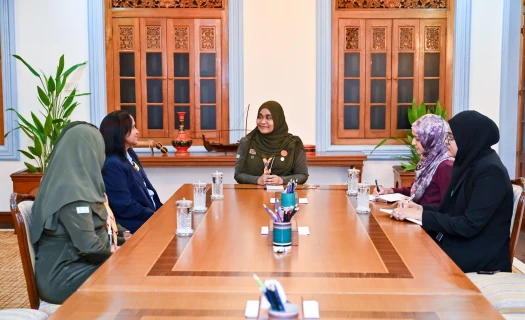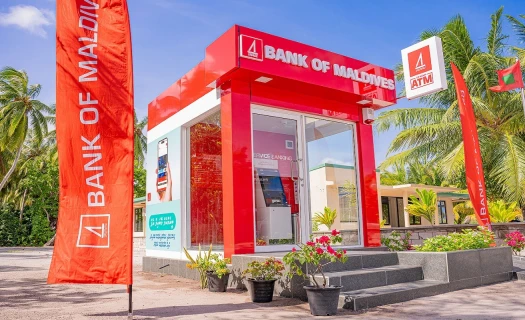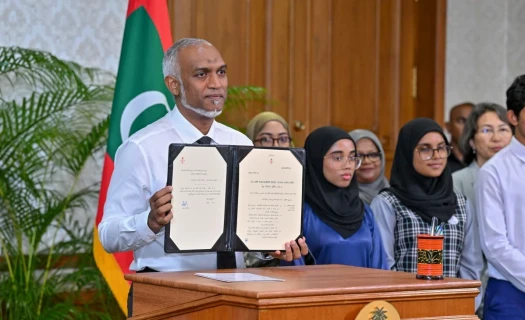Thu, 11 Sep 2025
|DHIVEHI
Halal tourism: Government drives the next niche in Maldives’ expanding travel market
11 Sep 2025
|
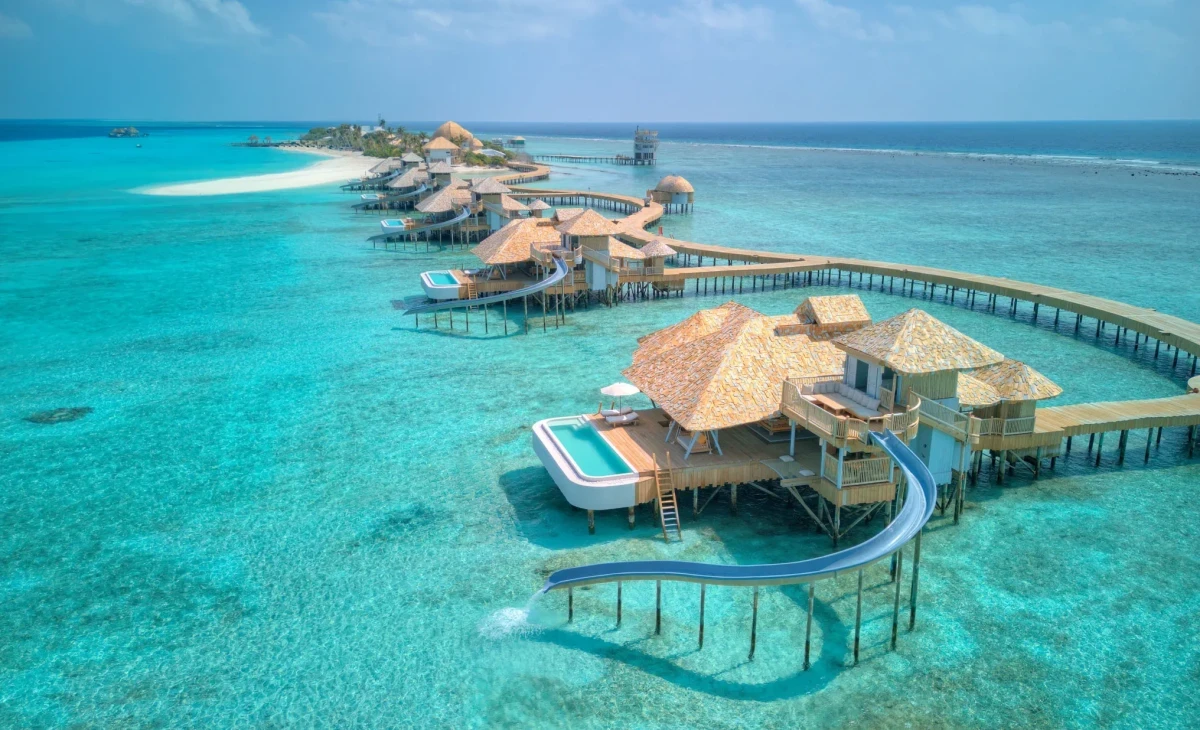
Soneva Jani Resort --- Photo: Stevie Mann
Since the birth of tourism in the Maldives in the 1970s, the sector has consistently prioritised sustainability, visitor experience, and world-class hospitality. This strategy has been remarkably successful: in 2024 the country welcomed over two million tourists and earned the World’s Leading Destination award for the fifth consecutive year.
Yet despite these achievements, competition in the global holiday market is fierce. Other Small Island Developing States (SIDS) in the Indian Ocean and the Caribbean can match the Maldives in climate, crystal-clear waters, and natural scenery. Regional rivals such as Mauritius, Seychelles, and Sri Lanka continue to invest heavily in their tourism infrastructure, offering travellers similar experiences at competitive prices. A more recent and formidable challenge has also emerged from the Middle East. Saudi Arabia’s ambitious Red Sea project, fuelled by the kingdom’s oil-backed resources and designed to create a new benchmark for high-end, sustainable resort tourism, is poised to capture a share of the same affluent traveller demographic that has traditionally favoured the Maldives. With limited natural resources and rising operational costs, the Maldives cannot afford to stand still.
To maintain its leading position, the country must therefore innovate continuously, identify new market gaps, and capture traveller segments that remain underserved by competitors. One promising avenue is halal tourism, a niche long recognised but never fully developed despite the Maldives’ status as a Muslim nation with exceptional natural beauty and well-established hospitality infrastructure. Halal tourism caters to Muslim travellers who seek services aligned with Islamic principles. This includes halal-certified food and beverages, prayer facilities, privacy-oriented accommodation, and the absence of activities or products inconsistent with Islamic principles. The appeal is clear: Muslim travellers increasingly wish to enjoy high-quality holidays without compromising their religious values, and destinations that can guarantee this alignment stand to benefit enormously.
Industry forecasts highlight the opportunity. Analysts project that the global halal and Muslim-friendly tourism market will grow from an estimated USD 256.5 billion in 2023 to around USD 410.9 billion by 2032. With Muslim populations expanding in both established and emerging markets, the demand for travel experiences that respect Islamic principles is expected to rise steadily over the coming decade. For the Maldives, which already offers luxurious resorts, direct international flight connections, and a reputation for safety and exclusivity, the potential to capture a share of this growing market is obvious.
In June 2025 this vision began to take shape when President Dr Mohamed Muizzu announced that the Government would designate a number of islands exclusively for halal tourism. To attract investors, the Ministry of Tourism and Environment opened bids for islands across Haa Alifu, Haa Dhaalu, Shaviyani, Thaa, Seenu and Laamu atolls.
The Government introduced a package of incentives, including a 20 per cent reduction in lease acquisition costs and flexible payment schedules allowing fees to be settled in the first quarter of the fifth and sixth years. Land rent will be waived for any island or lagoon that is completed, opened and operational before the end of the grace period. Developers may also be exempt of up to 20 per cent of their capital investment for resort development from duties, while furniture, kitchen equipment, electronics and similar items qualify for duty-free import.
All projects must adhere strictly to Islamic guidelines. Transactions involving alcohol or pork are prohibited, and only halal-certified food and beverages may be served. Halal certification is mandatory for all relevant services, and each island must incorporate Islamic facilities, including two separate mosques for guests and staff designed as distinctive architectural features.
By aligning its natural advantages with the rapidly expanding halal travel market, the Maldives is positioning itself for a new era of diversified tourism. Once realised, the halal tourism drive will shine as a historic milestone for the Maldives, demonstrating the Government’s bold vision and cementing the country’s place as the world’s undisputed leader in sustainable, innovation-driven tourism.


Popular News

